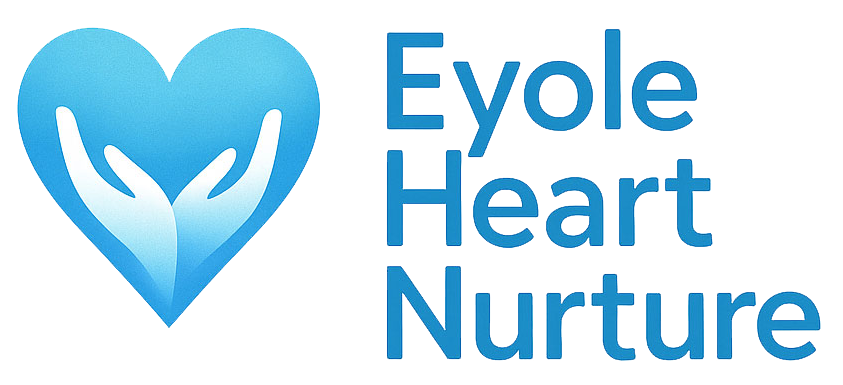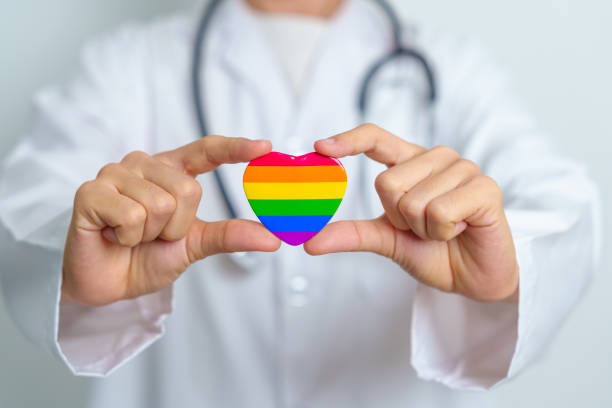Meet Alex, a vibrant young person who identifies as transgender. From the outside, Alex seems full of life, but deep inside, a hidden battle brews, a heightened risk for heart problems. Like many in the LGBTQ+ community, Alex faces unique challenges that make heart health precarious.
The Hidden Heart Risks in LGBTQ+ Lives
LGBTQ+ refers to people who identify as lesbian, gay, bisexual, transgender, queer, and other sexualities and genders. Research reveals that LGBTQ+ individuals, like Alex, are more vulnerable to heart disease compared to their heterosexual and cisgender peers. Gay and bisexual men have nearly twice the risk of heart attack and heart failure compared to heterosexual men. Transgender people face a 40% higher risk of cardiovascular disease than those whose gender identity aligns with their birth sex.
Why is this the case? The answer lies beyond biology, in social and psychological pressures that weigh heavily on LGBTQ+ individuals.
The Weight of Discrimination and Stress
Alex, like many LGBTQ+ adults, experiences stressors that few outside the community understand: discrimination in health care, family rejection, anxiety over revealing identity, and sometimes violence. These experiences fuel chronic stress, known to negatively impact heart health. Sadly, more than half of LGBTQ adults report discrimination by health professionals, leading many like Alex to delay or avoid vital care.
Medical Realities and Care Gaps
Medical studies confirm that LGBTQ+ adults have higher rates of hypertension, stroke, and cholesterol problems, all classic risk factors for heart disease. Gender-affirming hormone therapies may also influence cardiovascular risk, although research is ongoing. Despite these risks, LGBTQ+ people are less likely to receive primary prevention measures, such as statin therapy, partly due to mistrust and systemic bias.
Next Steps
- “Above all else, guard your heart, for everything you do flows from it” (Proverbs 4:23) reminds Alex to practice self-care and seek holistic healing, body, mind, and spirit. Take our free heart test at Eyole Heart Nurture today.
FAQs:
- How does gender affect heart health? Biological sex and gender identity influence heart disease risk through hormonal and social factors. Transgender hormone therapy may alter risk profiles, while sex differences affect disease presentation.
- How does LGBTQ affect health? LGBTQ+ individuals face unique risks from chronic stress, discrimination, and healthcare barriers that increase cardiovascular and mental health problems.
- What unique mental health risk factors are identified in LGBTQ+ population? Discrimination, family rejection, violence, and stigmatization elevate depression, anxiety, and stress in LGBTQ+ groups.
- What are LGBTQ individuals at increased risk of? Higher rates of heart disease, stroke, hypertension, mental health disorders, and substance abuse per Victor Chang Cadiac Research Institute.
- Why are LGBTQ vulnerable? Due to social stigma, discrimination, and healthcare barriers.





